US Amendments
1/27
There's no tags or description
Looks like no tags are added yet.
Name | Mastery | Learn | Test | Matching | Spaced |
|---|
No study sessions yet.
28 Terms
1st Amendment
Freedom of religion (establishment & free exercise clauses), speech, press, assembly, and petition.
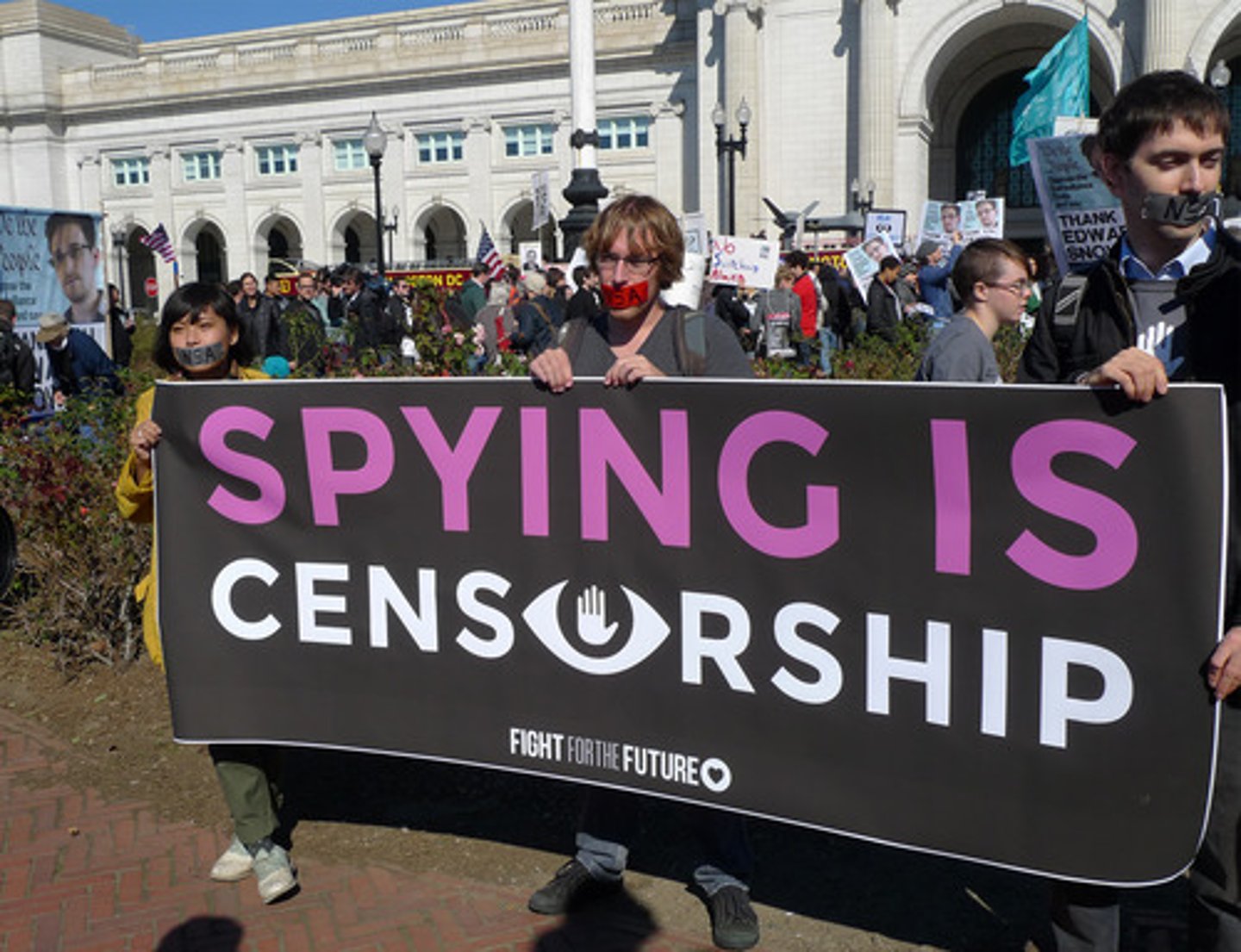
2nd Amendment
Right to bear arms.
A well regulated Militia, being necessary to the security of a free State, the right of the people to keep and bear Arms, shall not be infringed.

3rd Amendment
You do not have to take in and take care of soldiers during peace times into your home. (Prohibits the forced quartering of soldiers during peacetime.)

4th Amendment
No unreasonable searches and seizures
- they have to have a warrant (paper giving permission to enter with exactly what they are looking for)

5th Amendment
(1) No Self-Incrimination, don't have to testify against yourself
(2) No Double Jeopardy (defendant cannot be tried again on the same, or similar charges)
(3) No deprivation of life liberty or property without "due process of law" (fair treatment)
4) Eminent Domain: Government cannot take property without just compensation
5) Right to a Grand Jury
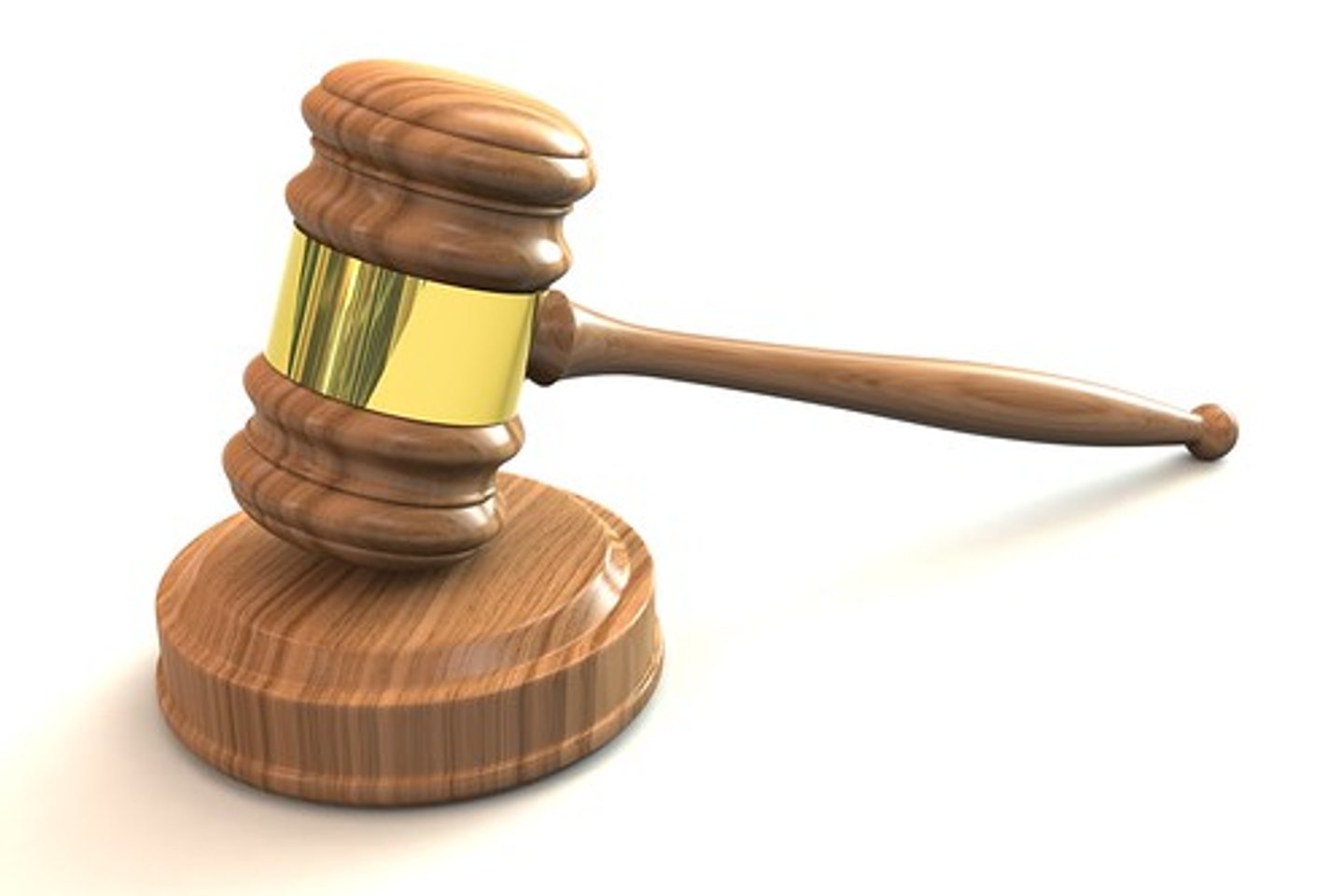
6th Amendment
You have the right to a speedy & public trial. The right to counsel in criminal trials. You get a free lawyer ("public defender"). Right to jury in criminal trials.
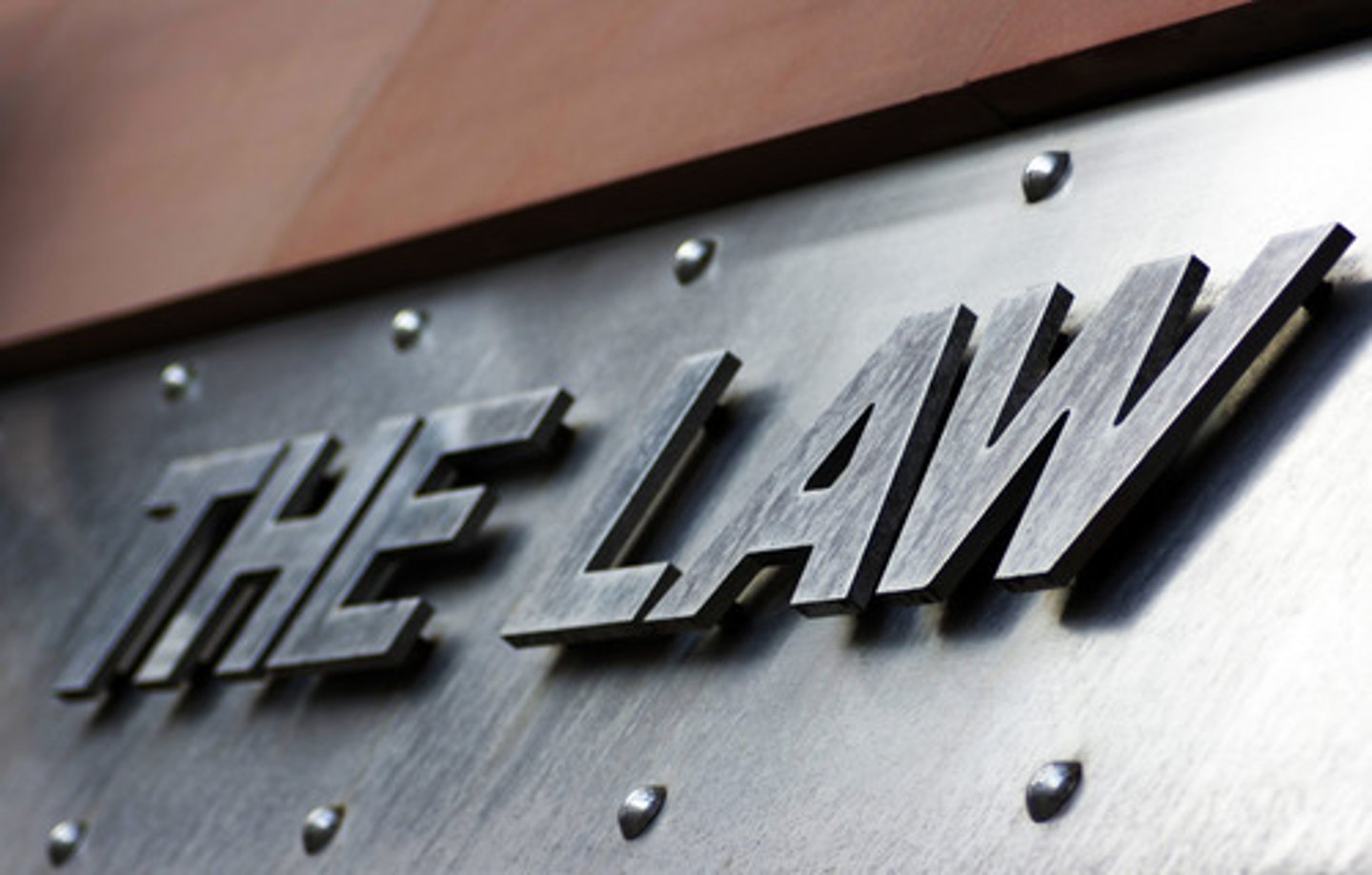
7th Amendment
Right to jury in civil trials.
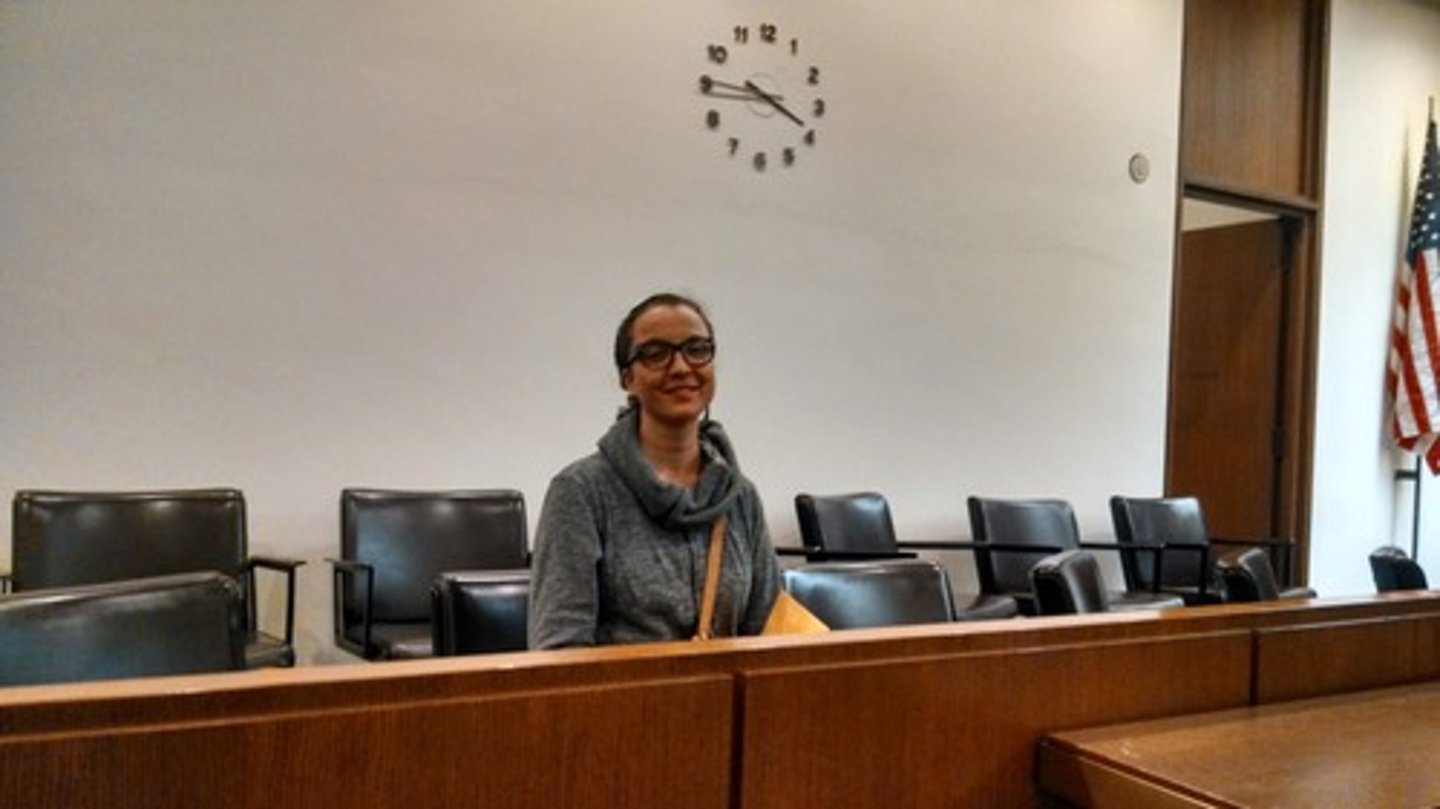
8th Amendment
Court cannot issue excessive bail ($ paid to leave jail between arrest and the trial) and there can be no cruel and unusual punishment (the punishment should fit the crime)
9th Amendment
Unenumerated Rights Amendment. Rights in addition to those stated in the Constitution. . Not everything can be written down. rights retained by the people

10th Amendment
Powers not expressly given to federal government by the Constitution are reserved to states or the people.
"reserved powers amendment"
"states' rights amendment"
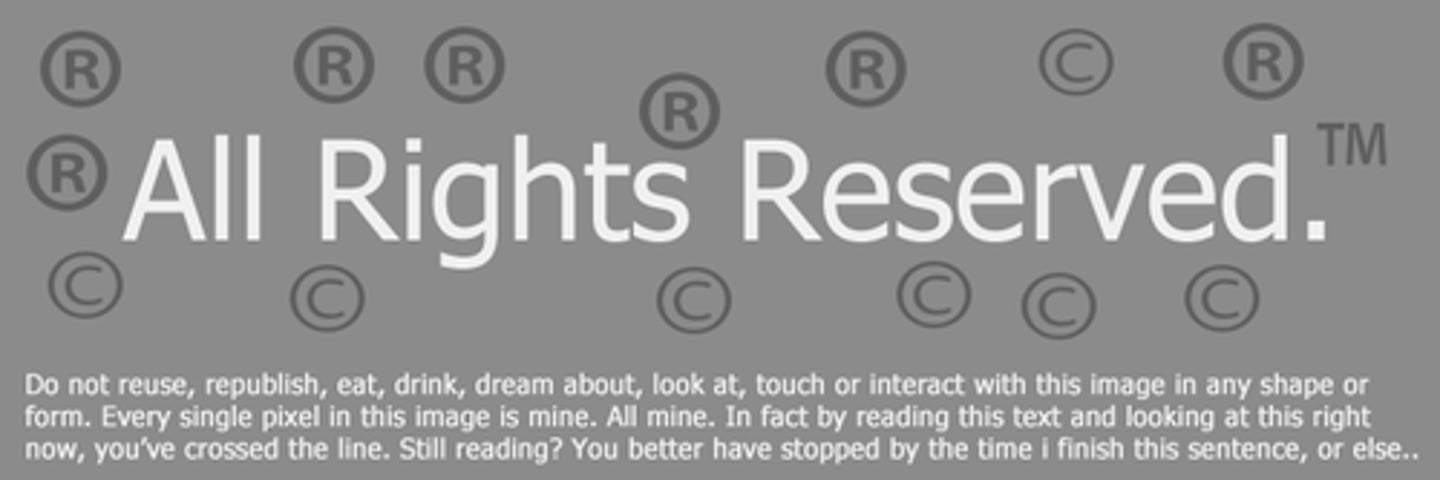
11th Amendment
One State cannot be sued by another state
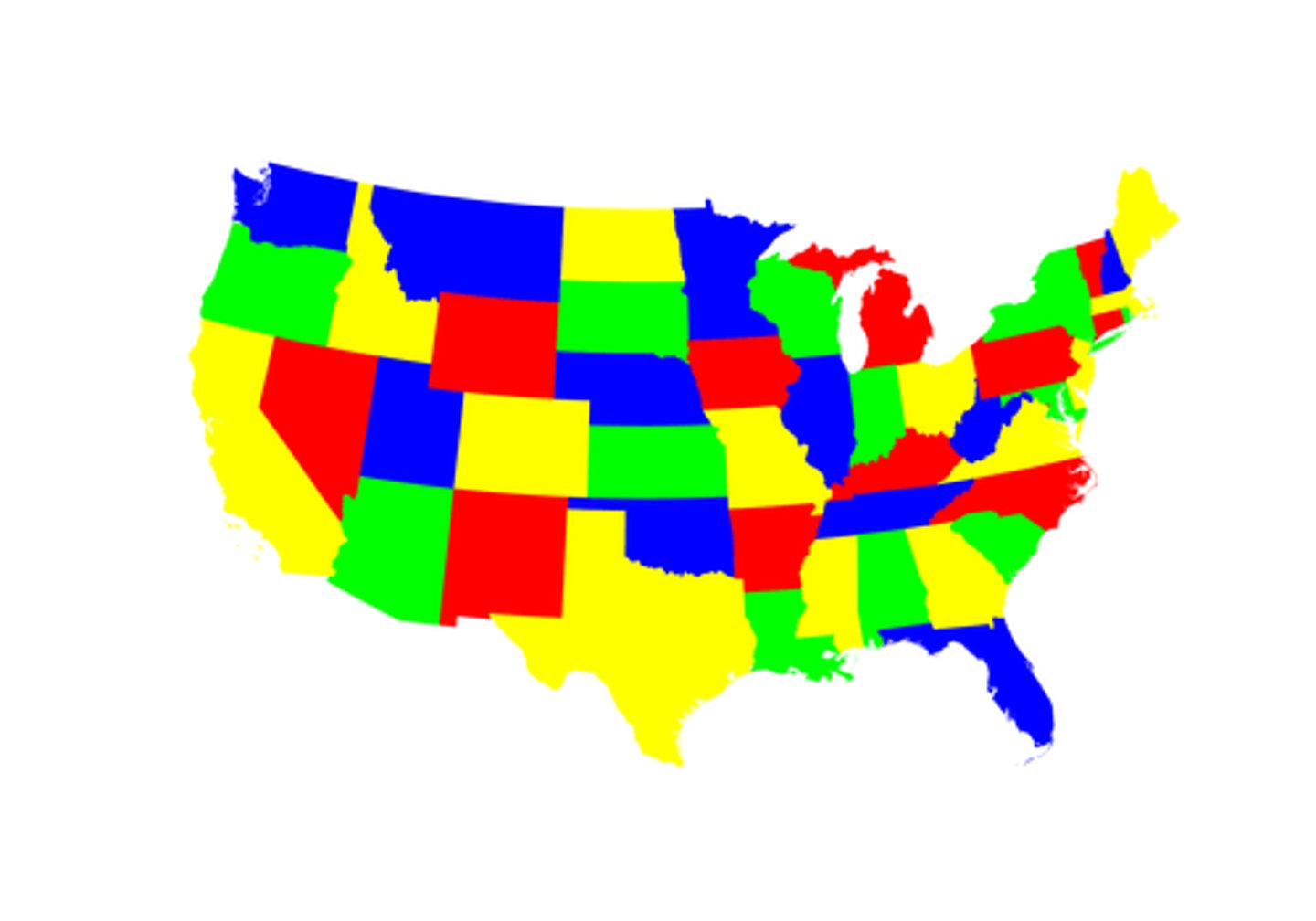
12th Amendment
Determines how the people elect the President and Vice
President every four years using the Electoral College, separation of votes for President and Vice President

13th Amendment
Abolished slavery.
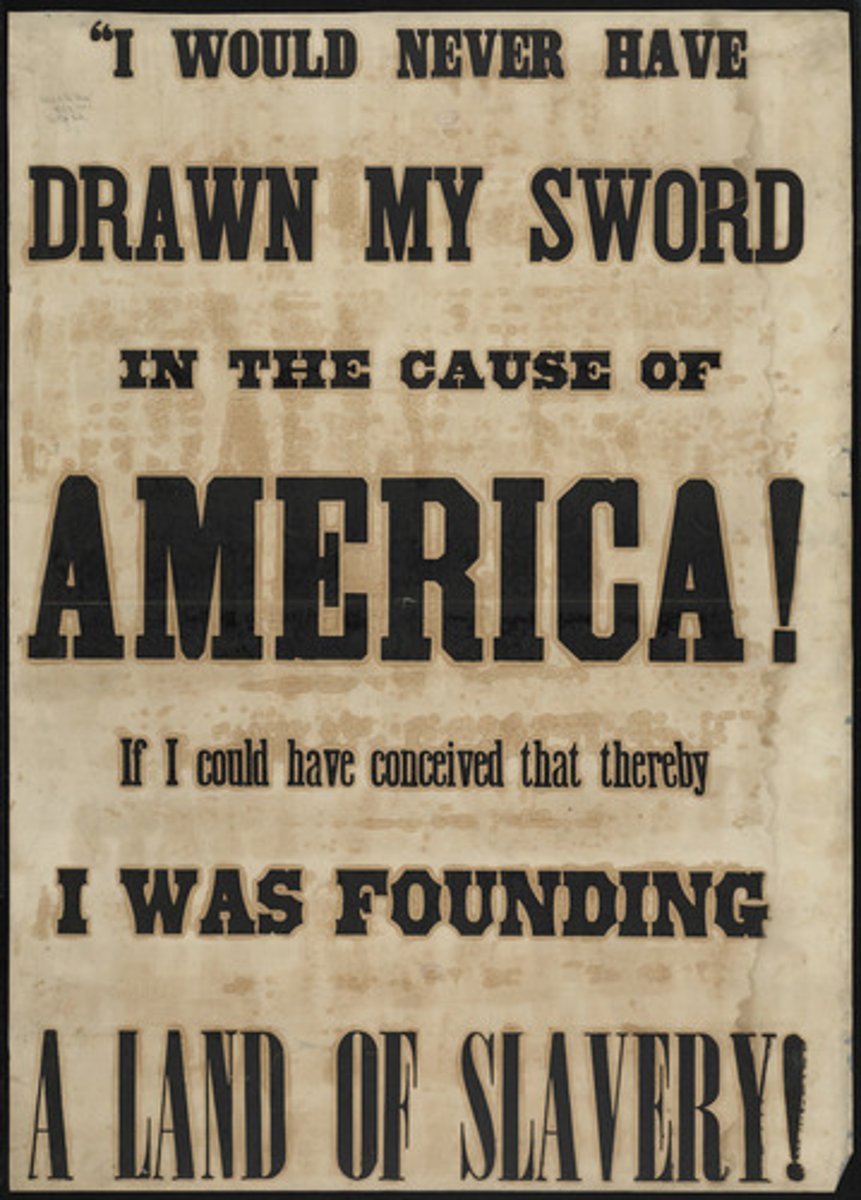
14th Amendment
(1) All persons born in the U.S. are citizens; (2) no person can be deprived of life, liberty or property without DUE PROCESS OF LAW; (3) no state can deprive a person of EQUAL PROTECTION of the laws.
15th Amendment
States cannot deny any person the right to vote because of race.
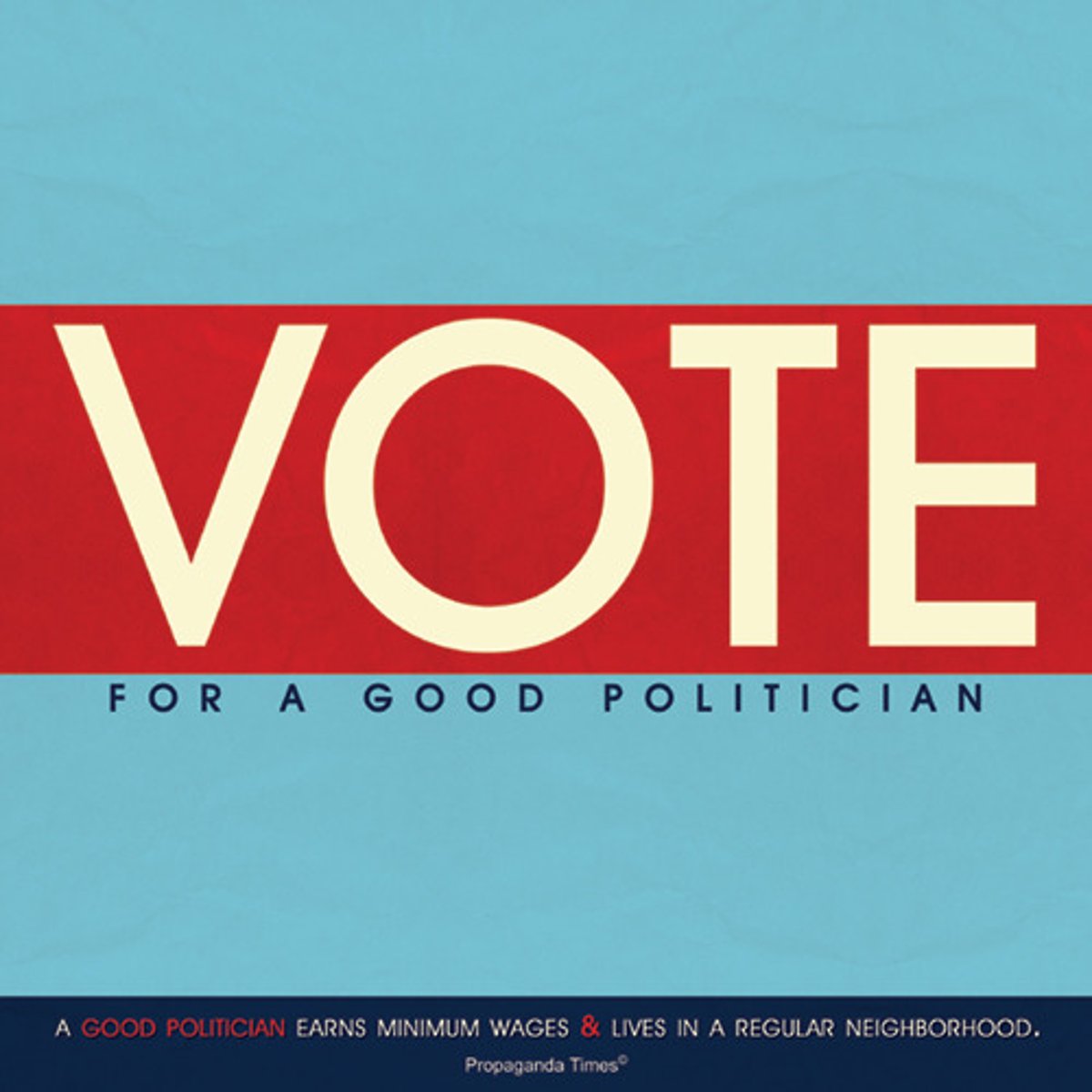
16th Amendment
Power of Congress to tax income (money from your job)
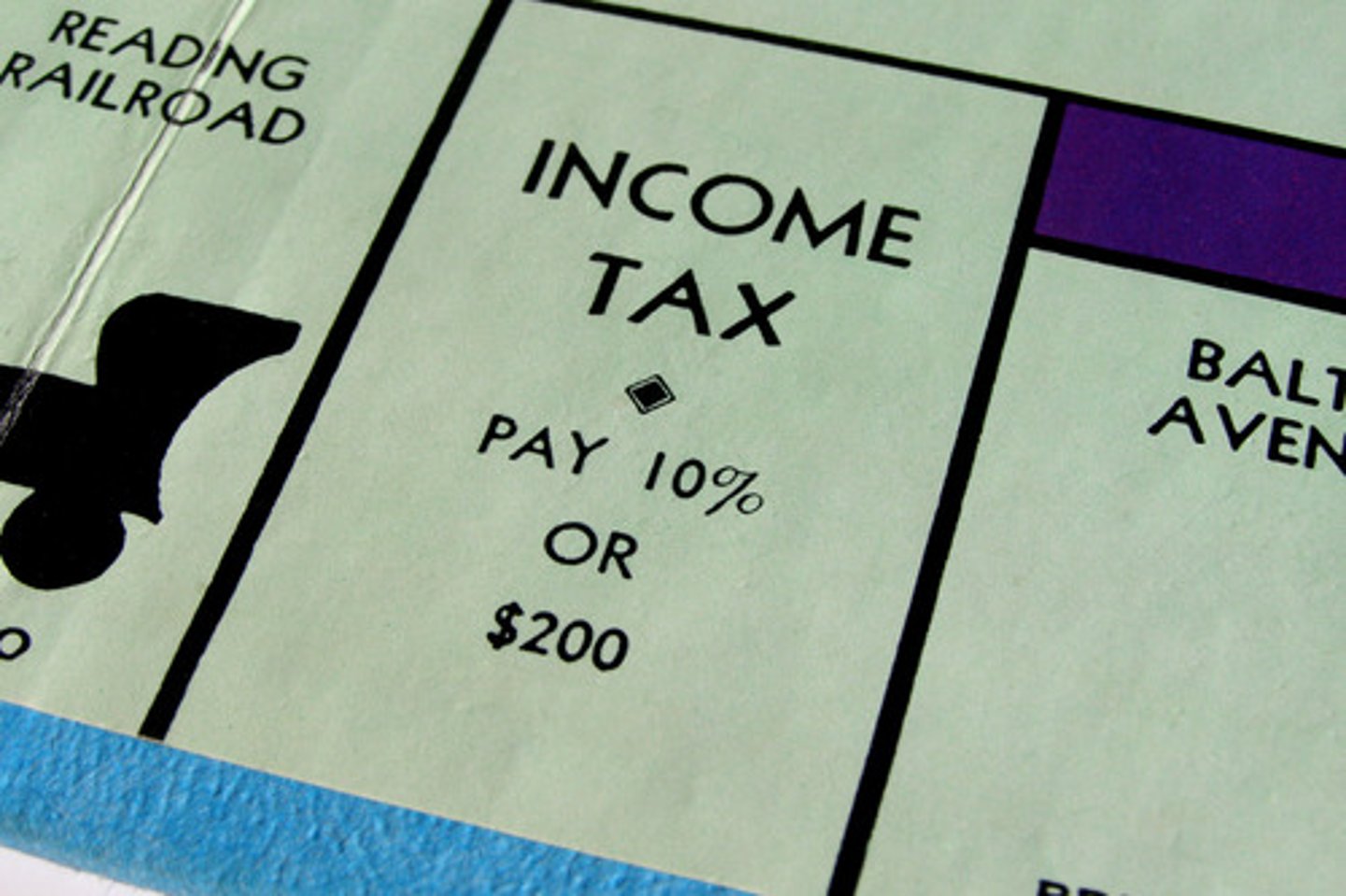
17th Amendment
Established the direct election of senators (instead of being chosen by state legislatures)
18th Amendment
Prohibition of alcohol (made sale and consumption of alcohol illegal)
19th Amendment
States cannot deny the right to vote based on gender (Women's Suffrage)
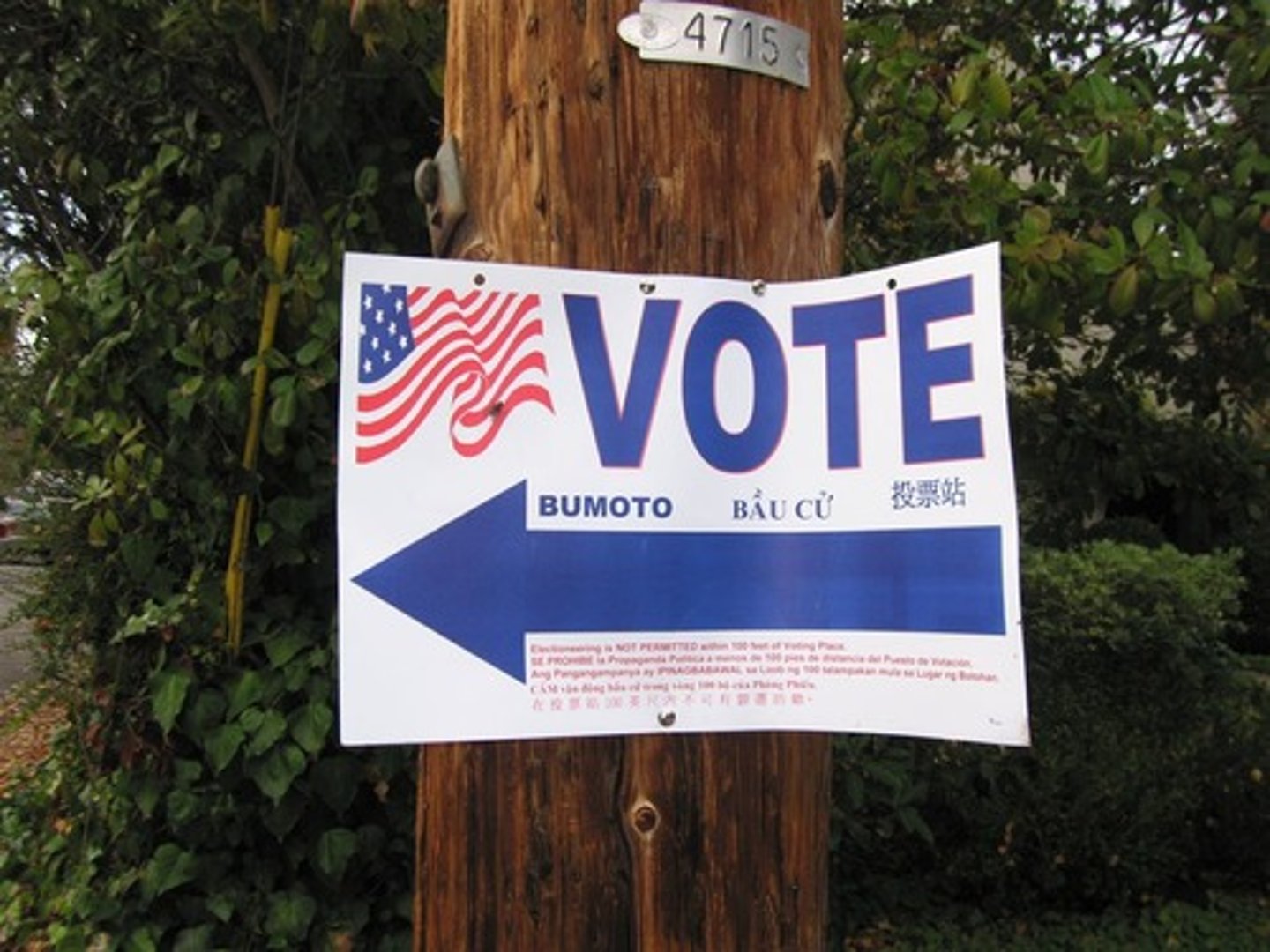
20th Amendment
Congress begins on January 30th; President starts on January 20th
"Lame-duck" Amendment

21st Amendment
Repeal of Prohibition

22nd Amendment
Limits the president to two terms (8 years) or 10 years if circumstances arise.
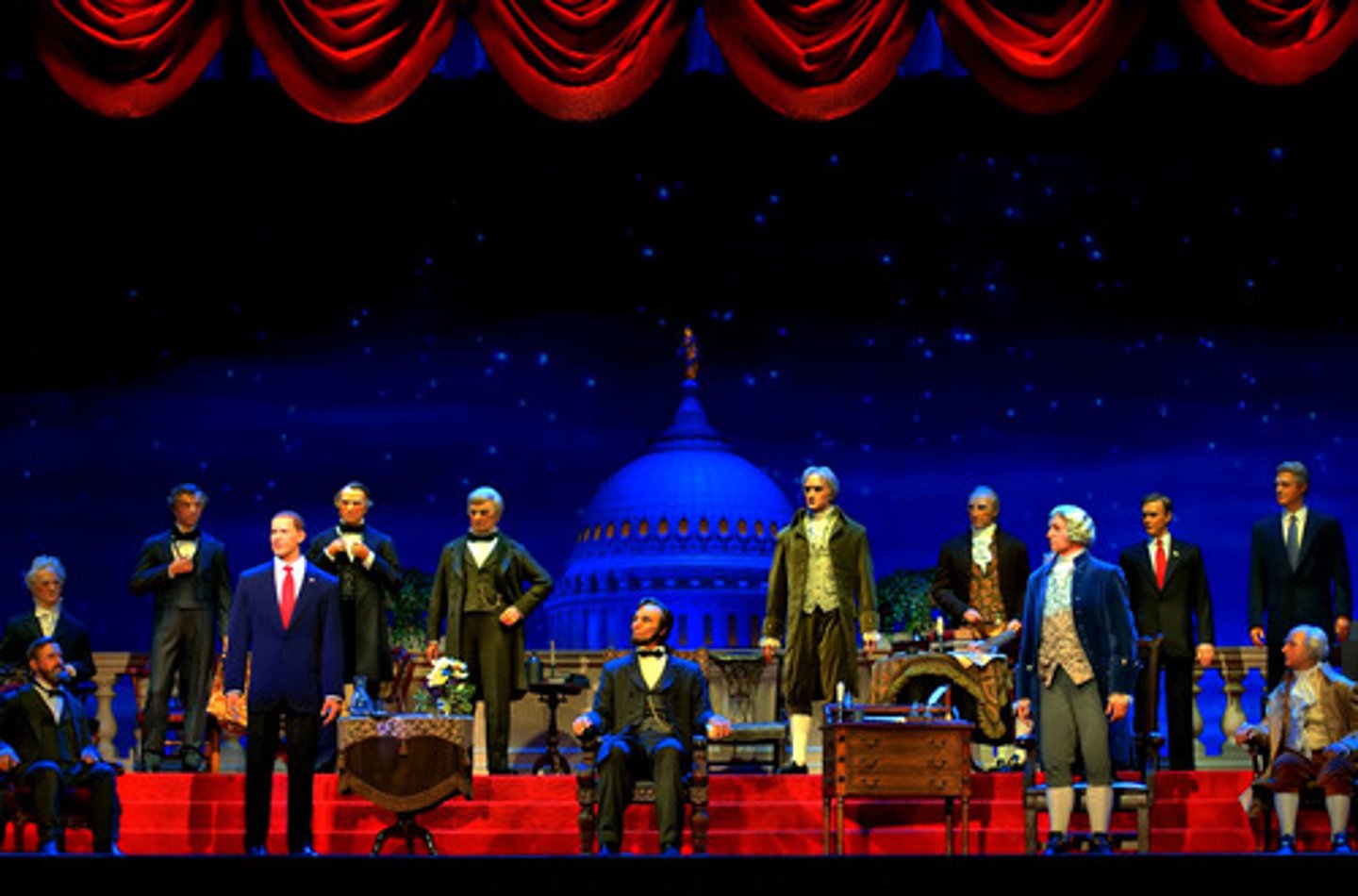
23rd Amendment
Gives Washington DC electoral college votes as if it were a state (DC still has no representation in Congress)

24th Amendment
Abolishes poll taxes
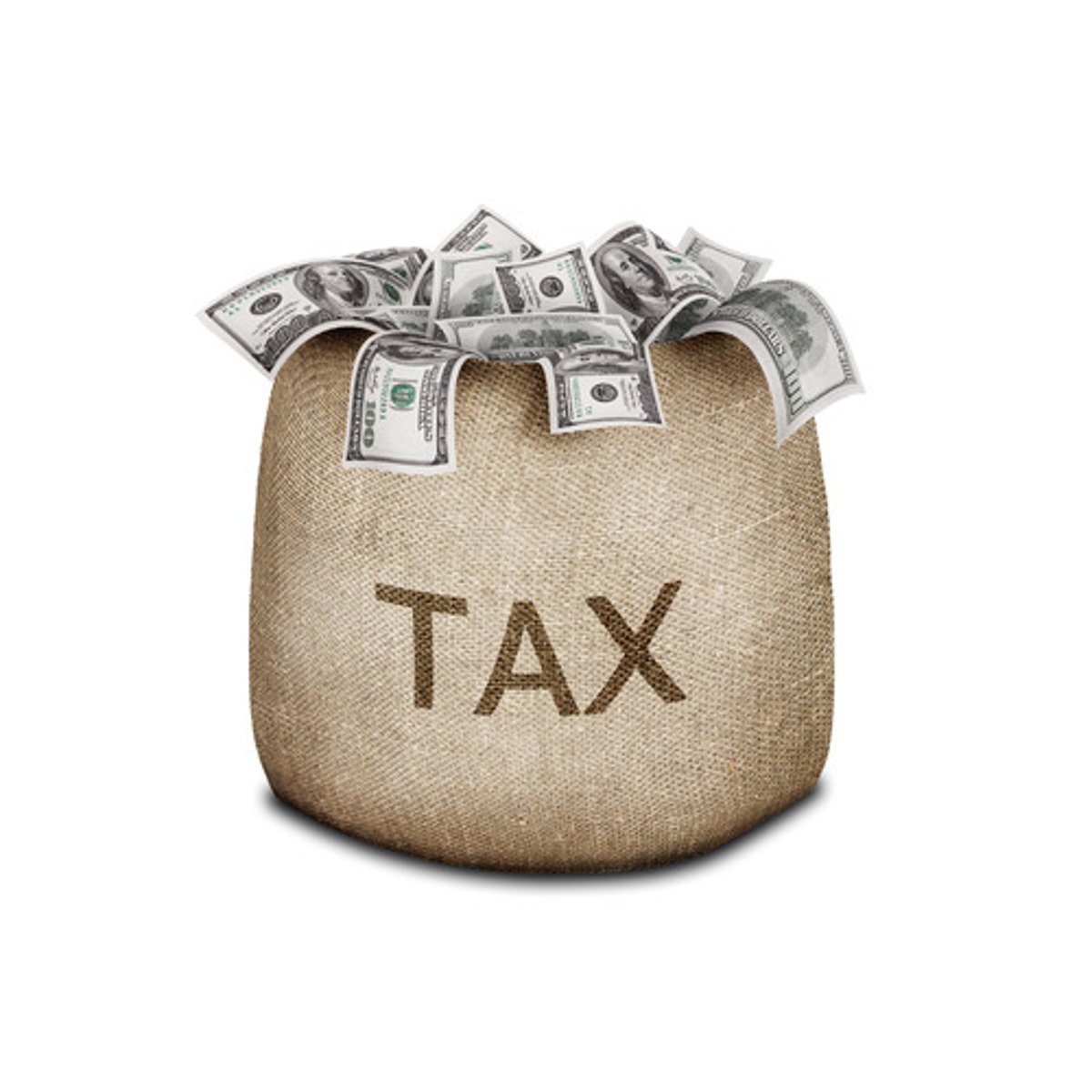
25th Amendment
(1) Succession of VP if president dies or become incapable to do his job.(2) if there is no VP, president must appoint one, and congress must approve

26th Amendment
States cannot deny the right to vote based on age (18+) Lowered from 21
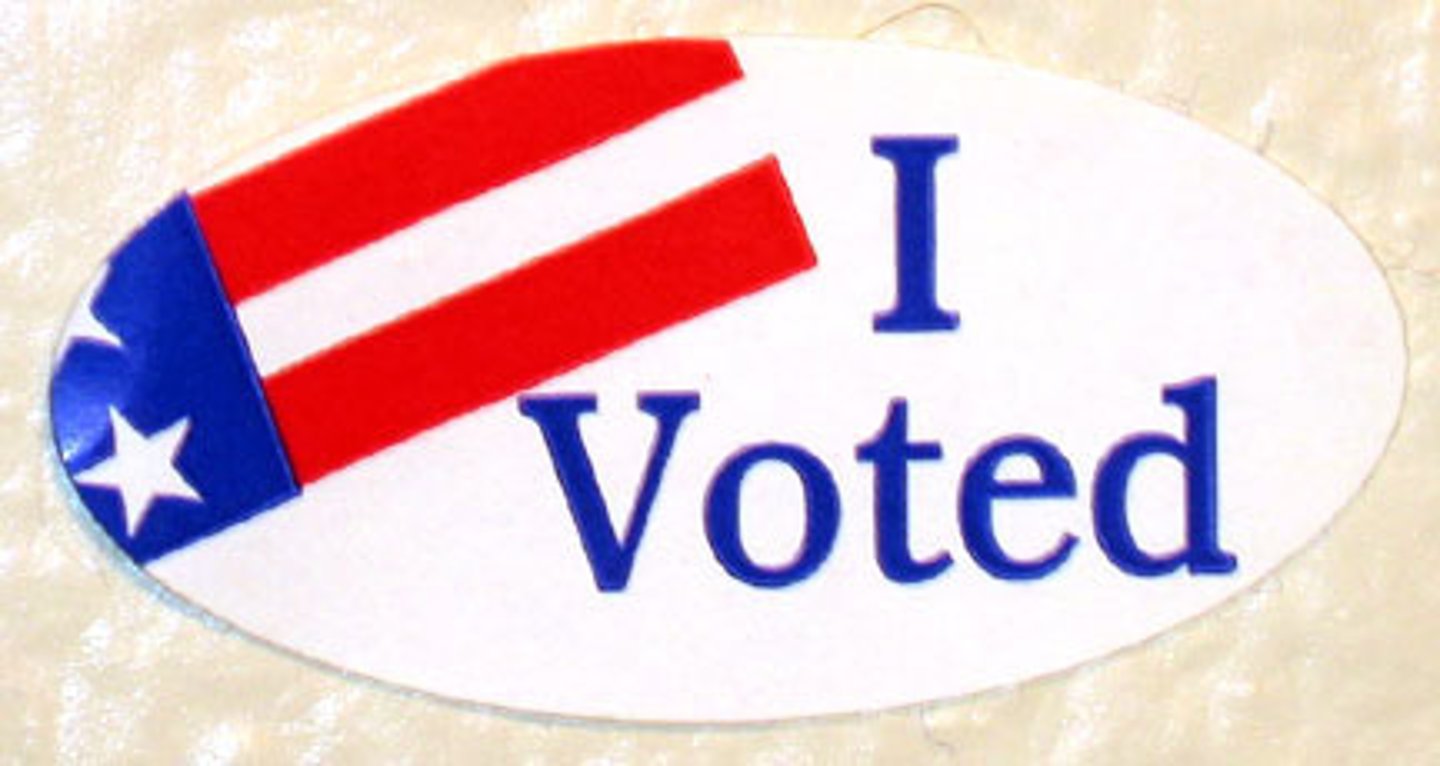
27th Amendment
congressional pay raises are not begun until the next election

Bill Of Rights
The name for the first 10 amendments to the Constituion